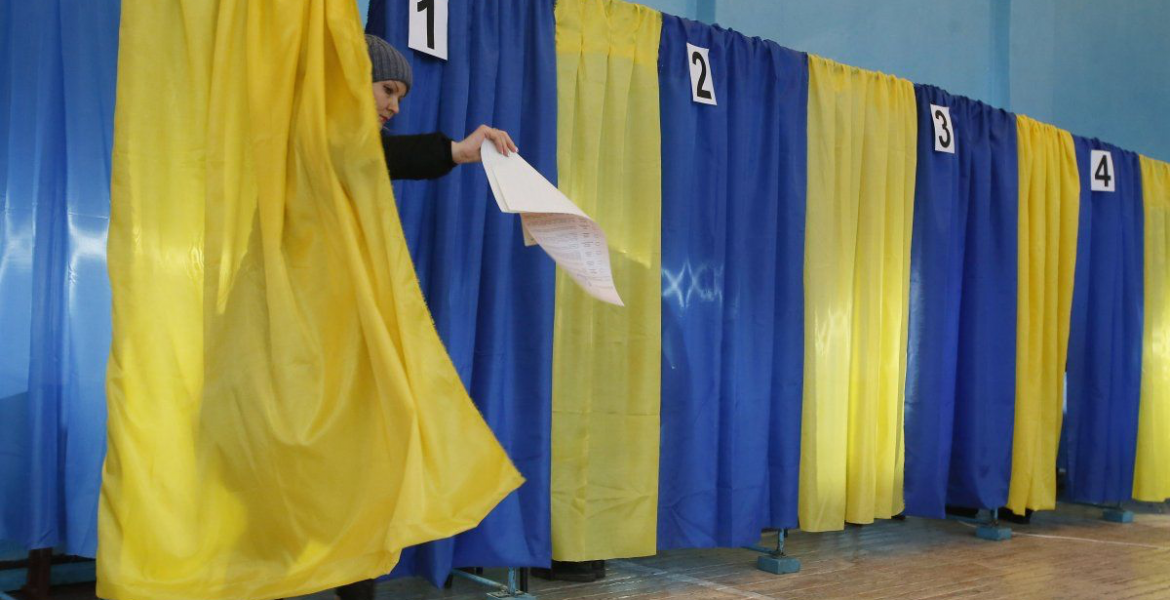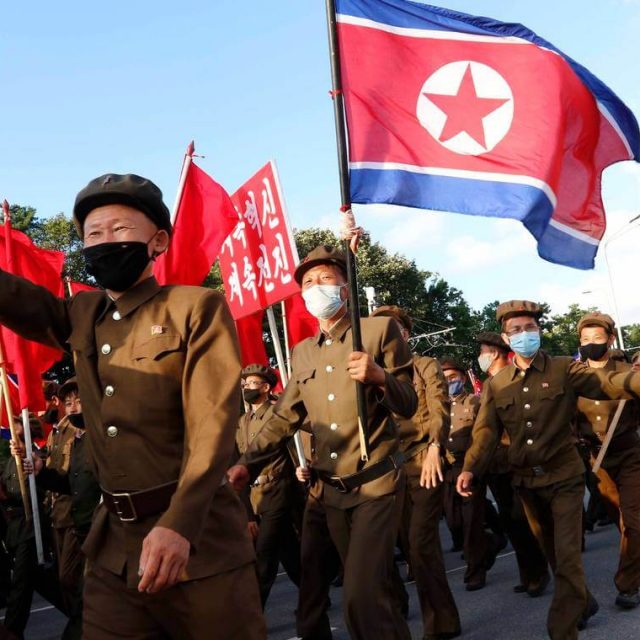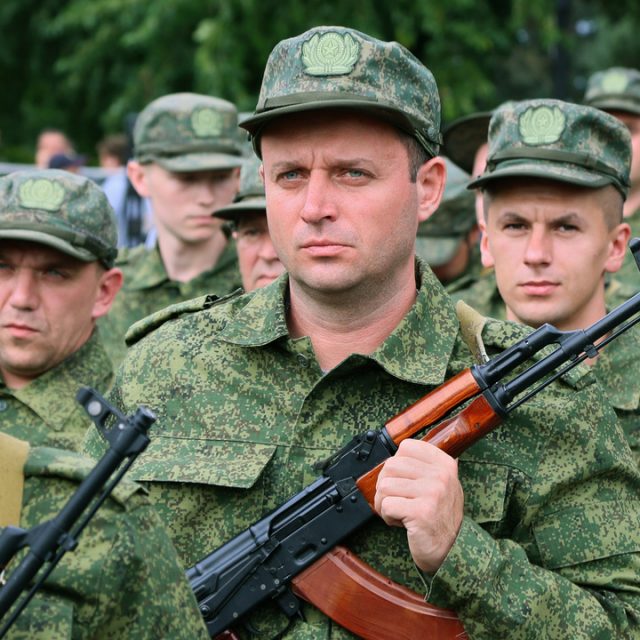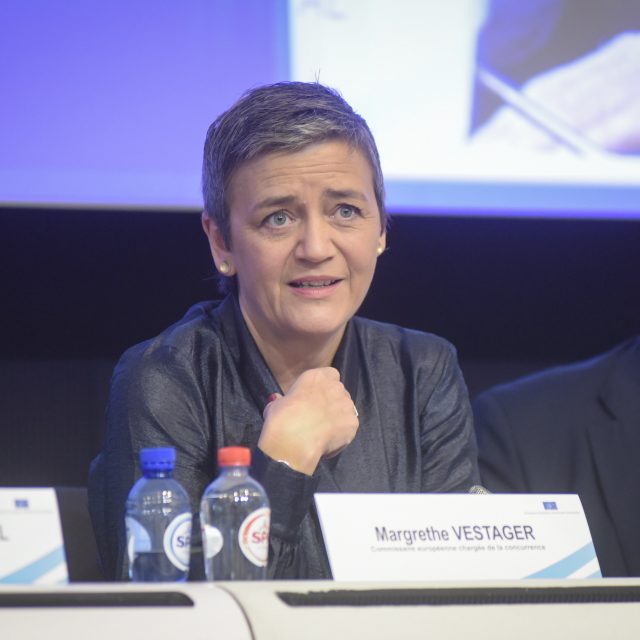The outcome of the presidential election in Ukraine is going to be decided not so much by the programmes or the personalities of the candidates, but by one question: whether more voters fear disruptive changes or rather deplore the current situation, writes Yuriy Sheyko.
The Ukrainian leadership that has governed the country since the Revolution of Dignity 5 years ago faces its first major electoral test on March 31. Voters have an unprecedentedly wide choice among 39 candidates to choose their President for the next 5 years. Unlike all the previous presidential elections in Ukraine, clear favorites have not been discernible well in advance.
Things have settled a bit, and the latest March opinion polls offer quite an unambiguous picture of how the election is likely to unravel. These suggest that no candidate is likely to gain more than 50% of the votes needed to win outright in the first round. A showman and political novice Volodymyr Zelensky is currently first place. In the runoff, he is likely to be joined either by incumbent Petro Poroshenko or by Yulia Tymoshenko who served twice as a Prime Minister of Ukraine. The pollsters predict that in the second round, Zelensky will easily beat either of his rivals.
So, is everything decided? Not even close. The election will unravel somewhat differently than predicted by the surveys. Why? Not because pollsters are wrong. There are several reliable public opinion institutes in Ukraine. The first reason is that about a quarter of voters are still undecided. The second is that there is no guarantee that every person is going to vote on March 31 the same way they indicated mid-March.
Ukrainians are dissatisfied with country leadership
The level of dissatisfaction among Ukrainians with the situation in the country is staggering – one March poll put it at almost 70%. Foremost people blame the political class for this.
The dissatisfaction is often explained by the economic hardship experienced by many citizens. This is definitely part of the story; but, the current situation is much better than in 2014-15 when the economy had been battered by Russia’s aggressive actions, the national currency was practically in free fall and confidence in the future was a scarce commodity. Now the situation is stable, the economy and wages are growing at a reasonable pace. The war in Eastern Ukraine, albeit without any clear end in sight, is at least contained and under control. Reforms on the path towards the EU and NATO are in progress. There is a freedom of speech and the authorities still listen to the voices of civil society.
People do understand the hard situation caused by the war. Why then is there such dissatisfaction? The main reason is Poroshenko’s failure to deliver on his main 2014 election promise – “To live in a new way”. The new president and government brought some change, but after the Revolution of Dignity, the new-old political class continued to function in the same old fashion. Things are still being decided in unofficial murky negotiations, allegations of high-level corruption surface on a regular basis. Political life is still dominated by oligarchs, the big businessmen who control media channels, controle their members of parliament and ties with public officials.
The most vivid confirmation of politicians following the old ways is a recent scandal in the Ukrainian defense industry. A group of young people organized smuggling of spare parts for military equipment from Russia. One of the main members of the group is a son of Poroshenko’s confidant and former business partner who has been a deputy secretary of the National Security and Defense Council. According to the journalist investigations, the group received from state owned factories millions of Euros. Even more, practically every law enforcement agency knew about the scheme and did nothing to stop it.
Fear of Disruptive Changes
This case has just accumulated and confirmed what many Ukrainians knew and thought about the current political class as being half-hearted about modernizing the country. Hence a craving for “new faces” in Ukraine and the support for Zelensky. He is the only one among the candidates who has achieved popularity status and is perceived as a “new face”.
At the same time, Zelensky is the biggest unknown in the election. No one knows what to expect of him in the country’s highest office. It is possible, he himself doesn’t know that. While he has experience in the management of a production company and a TV channel, he has never had anything to do with policy. He hasn’t explained in detail how he wants to implement his programme. His team did not add much clarity.
Zelensky is not the only candidate whose victory has risks of disruptive changes. The same applies to every other contender to Poroshenko with any significant support. Tymoshenko is well known to the Ukrainians, and many fear her presidency. Her promises to increase welfare and decrease gas prices may constitute a burden too heavy for the state budget and spell disaster for the programme with the IMF.
Other risky candidates: Yuriy Boyko has a connection to the President of Russia Vladimir Putin via the Ukrainian politician Viktor Medvedchuk. A recent visit of both men to Moscow just confirmed that Boyko is a candidate of choice for Putin. Oleh Liashko whose style is similar to Trumpism and whose view can be described as “Ukraine first”. The least risky is probably Anatoliy Hrytsenko. Still, his tough rhetoric, the programme “Do as I do” combined with the lack of any charisma has not allowed Hrytsenko to establish himself as a ‘safe’ alternative.
Poroshenko’s lucky constellation
That being said, ‘risky’ doesn’t mean that a win by the unknown candidates will definitely be disastrous or disruptive. A risk is always an issue of probabilities. There is always a substantial part of a population who fear changes.
Compared to all his main contenders, Poroshenko is a safe option only in a sense that everyone knows what to expect of him. He will most definitely continue what he is doing and will maintain the status quo. The status quo may be far from desirable, but it could still be a bearable outcome for most Ukrainians.
Thus, the main question that is going to decide the outcome of the election is almost of a Shakespearean scale. To fear or not to fear changes. To risk in a hope to improve the situation or to opt for a safe status quo.
Poroshenko did his best to ensure the constellation of candidates without safe alternatives. That role could have been played by Prime Minister Volodymyr Hroysman who entertained an idea to launch his own political project. Since that would have meant a political war with Poroshenko, he abstained for the time being.
Besides, Poroshenko was lucky. A singer Vyacheslav Vakarchuk had last year quite a good standing in the polls. He could have combined Zelensky’s main strength of being a “new face”, but he would have been much safer than a showman. In the end, he decided not to run.
No candidate will get close to 50% needed to secure a victory this Sunday. Zelensky as a candidate of change and Poroshenko as a candidate of the status quo will most probably achieve the best results. And the main fight between them will be solved in the runoff on April 21 by the question, are more voters in Ukraine who fear change? Or are there more who deplore the status quo?
The Author, Yuriy Schejko, is a freelance correspondent in Brussels.




